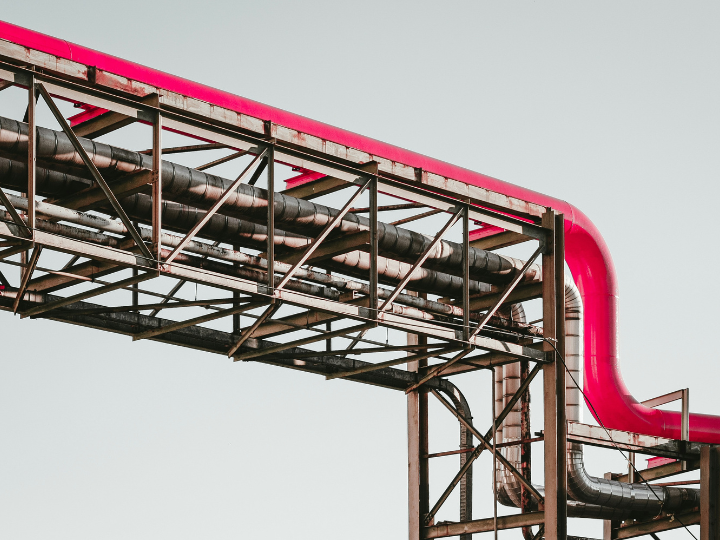N. Peter Kramer’s Weekly Column
Gas reserves in the EU have fallen below 50%. Due to colder winter weather compared to last year, countries are going through their stocks faster and it threatens to be very cold in the coming period.
In addition, there were more wind-poor days this winter, which mean that energy production from wind is disappointing. The risk that the EU will enter the spring with very low gas reserves has increased in recent weeks, according to experts. Not only prices for short-term deliveries are rising but also prices for 2026 and 2027.
Traders are also uneasy about the impact of the tariffs that US President Donald Trump may impose. If the EU responds with its own tariffs, the import of American LNG (liquified natural gas) could become more expensive again.
Replenishing stocks has also become more difficult because no Russian gas has been flowing in via Ukraine since the beginning of this year. Ukrainian President Zelenski refused to renew the contract for this, because he wants to turn off the money tap for Russia. ‘We need to work more with the US, LNG, gas, oil, to import energy’, he said.
It’s understandable that he likes to be in the good books of Trump. But is it necessary that the costs of it has to go on the back of the energy-consumers in the EU member states?







